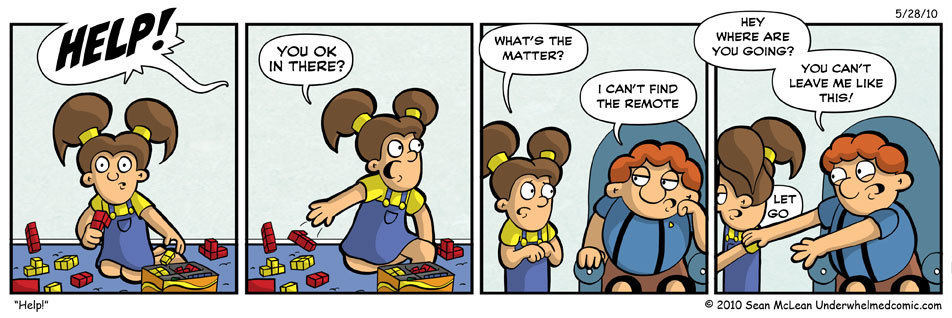Working in Teams
Helping
Agenda
- What is Help?
- When to Help Others
- How to Help Others

Objectives
- Detect when help is needed
- Help to benefit and not to proceed

What is Help?

verb
make it easier for (someone) to do something by offering one's services or resources.
help
Help Benefits Everyone
Altruists in the workplace are more likely to help fellow employees, be more committed to their work and be less likely to quit.
These workplace altruists enjoy a pretty important benefit themselves — they are happier than their fellow employees.
Help Benefits Everyone
When members of a work team are supported and motivated to benefit others, those teams are higher performing. Moreover, its members remain in their teams for longer periods.
The highest level of team effectiveness was achieved when team motivation to benefit others and the interdependence of tasks among team members were both high.
Think of a Time Somebody Helped You
-
Why did you need help at that time?
-
What did they help you with?
-
Did you feel better about your situation afterwards?
-
Was your relationship with your helper strenghthened?
Discuss with your neighbor.
When to Help Others

When Are Some Good Situations to Help Others?
- A helpee wants to know something a helper can teach them.
- Helpee and Helper have a common goal and the helpee thinks supervision is beneficial to the goal.
- Helpee is unable to move forward and has reached out to a helper for help.
What is common among these?
Discuss with your neighbor.
When Are Some Bad Situations to Help Others?
- A helper thinks someone is going too slow.
- A helper doesn't think someone can contribute to a common goal.
- A helper is bored and thinks someone else's work could be fun.
What is common among these?
Discuss with your neighbor.
Help Someone When:
- Help is requested or your offer to help is accepted.
Don't Help Someone When:
- Help is not requested and your offer to help is rejected.

Ask for Help When:
- You have come across a problem and have exhausted all solo means of helping yourself and require assistance.
Do Not Ask for Help When:
- You have come across a problem and have not exhausted all reasonable solo means of helping yourself.

How to Help Others

Describe these examples of helping:
- Sally runs for class president of her high school. Tina helps Sally by winning the election so Sally doesn't have to spend time campaigning or being president.
- Mr. Turtle is having trouble getting his head into his turtleneck sweater. Mr. Hare helps Mr. Turtle get into his turtleneck by gently pulling the sweater over Mr. Turtle so he can get his head through.
- Joe keeps getting flats in his bike tires. Jim helps Joe by taking a few hours out of his day to instruct Joe on how to change a flat. Joe fixes the flat on his own bike under Jim's supervision.
Discuss with your neighbor.
Was the help helpful? How helpful was it? Why?
- Sally is having trouble writing CRUD routes. Tina helps Sally by writing the CRUD routes so Sally doesn't have to spend time writing them.
- Mr. Turtle is having trouble performing a POST request. Mr. Hare helps Mr. Turtle get into his turtleneck by informing Mr. Turtle of proper $.post usage by looking at what Mr. Turtle already has.
- Joe's server keeps crashing. Jim helps Joe by taking a few hours out of his day to instruct Joe on how to debug a crashed server. Joe fixes the bug on his server under Jim's supervision.
Discuss with your neighbor.
Describe these examples of helping:
Was the help helpful? How helpful was it? Why?
What Makes Help Good and What Makes Help Bad?

Objectives
- Detect when help is needed
- Help to benefit and not to proceed
Working in Teams: Helping
By Danny Fritz
Working in Teams: Helping
- 731



